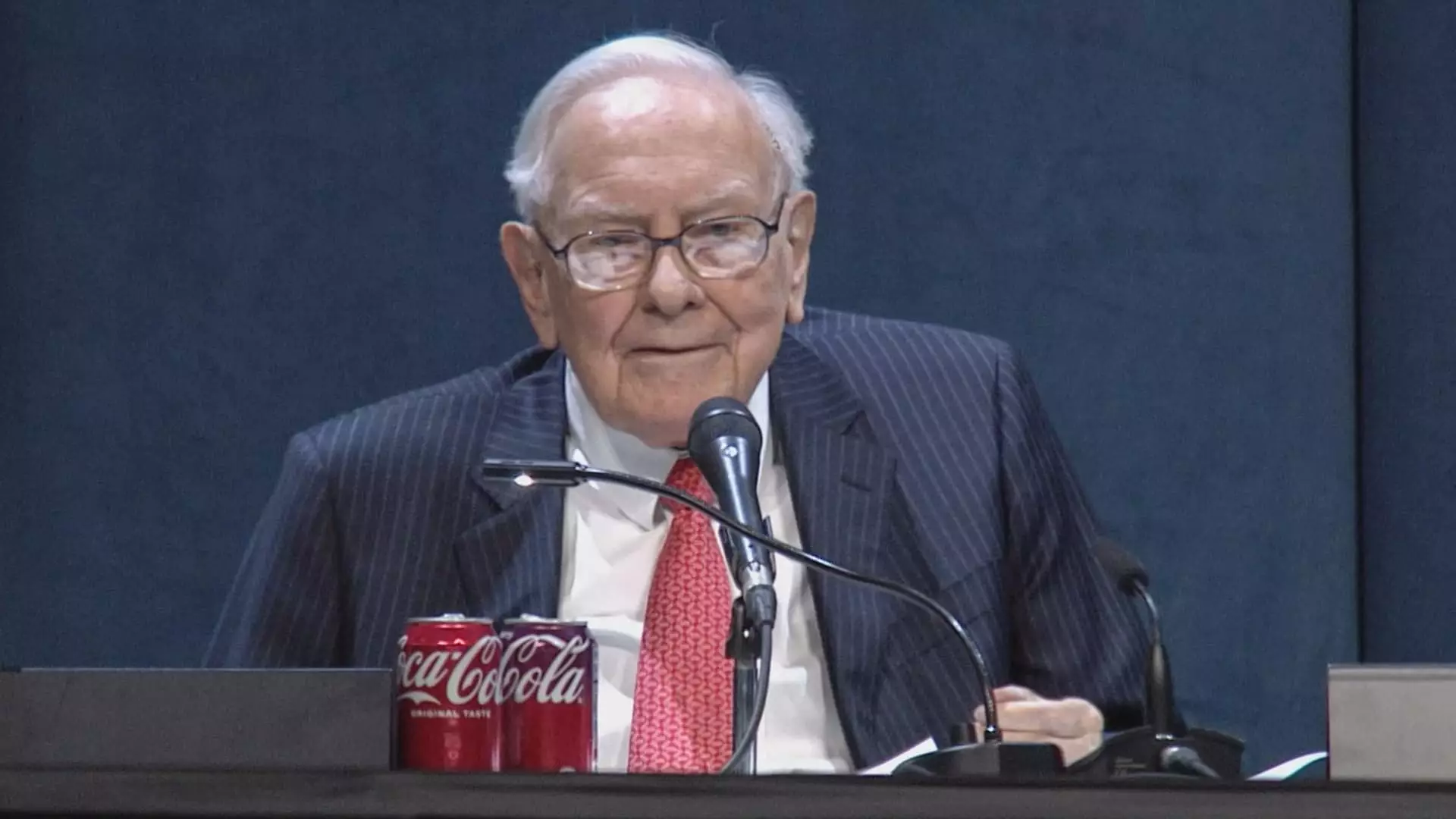Berkshire Hathaway’s latest earnings report offers a facade of resilience, yet beneath this veneer lies a mounting atmosphere of instability. A modest 4% decline in operating earnings—down to $11.16 billion—serves primarily as a stark reminder that even the most venerable conglomerates are not immune to the global economic tremors. While some sectors like railroads and manufacturing have shown improvement, the spotlight on a shrinking insurance underwriting segment signals cracks forming within the once-unassailable fortress of Berkshire’s diversified empire. These are not just minor fluctuations but harbingers of a more profound vulnerability fueled by external pressures—most notably, the damaging effects of President Trump’s tariffs.
Tariffs: A looming Threat Cloaked in Uncertainty
Buffett’s acknowledgment of the escalating trade tensions is more than a cautious warning; it reveals an unsettling truth: the stability of American industry is perilously fragile in the face of protectionist policies. The conglomerate’s warning that “adverse consequences” could affect “most, if not all,” of its business units underscores a cynicism about the efficacy of tariffs as economic strategy. These policies, ostensibly designed to protect local industries, are instead injecting volatility into global supply chains, raising costs, and creating an unnerving climate of unpredictability. Berkshire, often seen as an economic barometer, evidently perceives these developments as threatening to its long-term stability—an indirect acknowledgment of the precariousness that tariffs breed.
The Wealth Hoard and Market Disappointments
Buffett’s relentless accumulation of cash—$344.1 billion—appears, at first glance, as a protective buffer. However, this mountain of liquidity signals a lack of confidence. Instead of deploying capital into promising opportunities, Berkshire remains on the sidelines, managing risk with excessive caution. Moreover, the decision to hold back on share repurchases despite Berkshire’s significant stock decline illustrates a paradox: the company’s apparent optimism contrasts sharply with its hesitation to reinforce investor confidence amid turbulent times. The $3.8 billion loss on Kraft Heinz underscores the danger of overexposure to underperforming assets and exemplifies the risk of speculative complacency in a volatile environment.
Leadership Changes and the Future of Berkshire
The transition in Berkshire’s leadership—Greg Abel preparing to assume the role of CEO—signals change, but also introduces uncertainty. Buffett’s continued presence as chairman offers some reassurance, yet it also highlights the challenge of navigating an increasingly complex global economic landscape without his steady hand. The ongoing struggles with Kraft Heinz, compounded by board resignations and spin-off plans, illustrate the internal tensions and strategic uncertainties that could shape Berkshire’s direction in the critical years ahead.
In sum, Berkshire Hathaway’s latest report is a sobering reflection of a nation seemingly ill-prepared for the economic storms brewing on the horizon. While Buffett’s enduring optimism may serve as a comforting narrative, it conceals the reality that American business leaders must grapple with an increasingly hostile trade environment and volatile markets—an environment that demands prudent, forward-thinking strategies.

